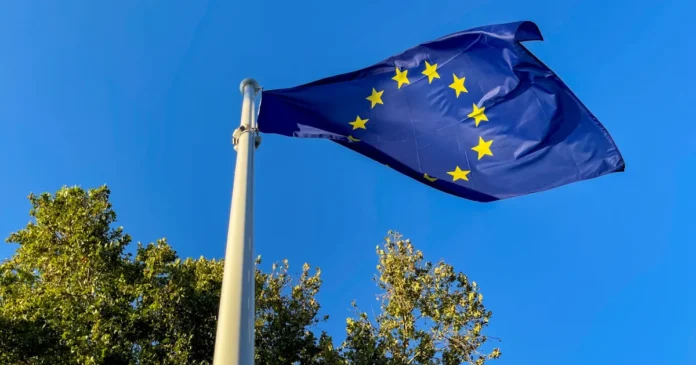The European Union has approved a fresh set of sanctions targeting Russia in response to its ongoing invasion of Ukraine. This latest package marks the 17th round of sanctions imposed on Moscow since the war began in 2022. The new measures primarily focus on Russian oil exports and military operations, aiming to disrupt the Kremlin’s access to resources. A key part of the sanctions involves blacklisting approximately 200 oil tankers linked to attempts to bypass restrictions on Russian oil exports.
Additionally, companies from countries like Vietnam, Serbia, and Turkey, which are accused of assisting in the supply of goods to Russia’s military, will face restrictions. The new sanctions also target dozens of Russian officials involved in cyberattacks, human rights abuses, and sabotage activities in Europe. These individuals will join the nearly 2,400 people and entities already facing visa bans and asset freezes.
Although the measures are less comprehensive compared to previous sanctions, EU leaders have warned Russia of even harsher penalties if there is no progress towards a ceasefire in Ukraine. The EU is pushing for a 30-day ceasefire proposal supported by the United States. If Moscow does not agree to the truce, further significant sanctions could be imposed. German Chancellor Friedrich Merz emphasized that Russia must show real progress towards peace or face more severe actions.
Despite US President Donald Trump’s willingness to attend peace talks, there has been no indication from Russian President Vladimir Putin that he will join negotiations.

